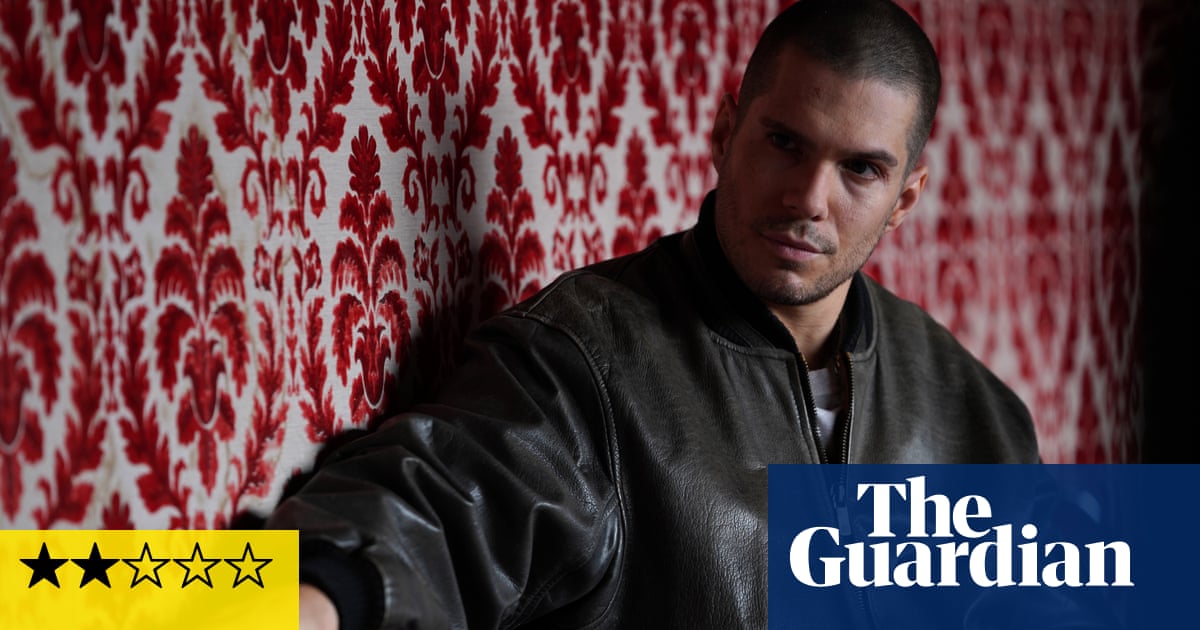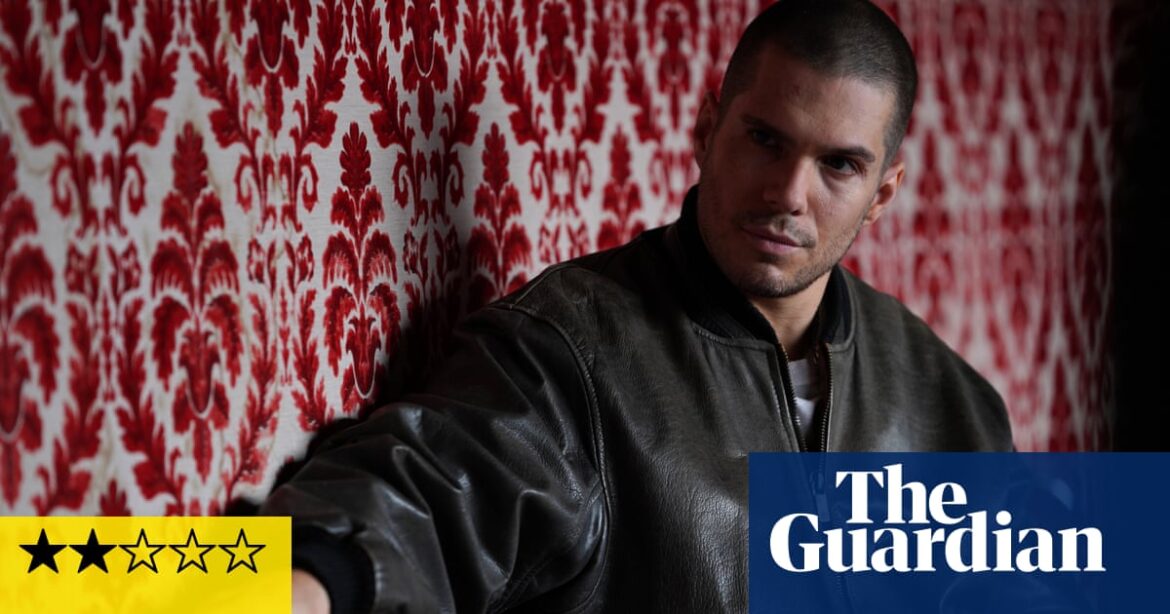
Gilles Lelouche’s new film is a giant operatic crime drama of star-crossed lovers and hurt feelings; it’s very French, but aiming for some blue-collar Springsteen energy. There are some good performances, and a very serviceable armed robbery scene. But Beating Hearts suffers from a lack of subtlety and bloat, with an increasingly insistent cry-bully sensitive-macho ethic, and a colossally inflated final section belatedly reassuring us of the film’s belief in the power and importance of love. In the end it is sentimental and naive, particularly about the legal consequences of beating your husband half to death in a phone box, however abusive he has been. And I had a strange taste in my mouth after a late scene in which the heroine, working on the checkout of a supermarket where her boyfriend is employed in the loading bay, coolly tells the obnoxious manager who’s been yelling at him for lateness, that her man is an ex-con who could go around to his house to scare him and his family if he wished. (Is the audience supposed to give a pro-underdog cheer?)
Lelouche, with co-writers Audrey Diwan, Ahmed Hamidi and Julien Lambroschini, has adapted Irish author Neville Thompson’s 1997 novel Jackie Loves Johnser OK?, transplanting the action from Ballyfermot near Dublin to a northern French town dominated by its oil refinery. Clotaire is a tough kid from the neighbourhood; he is played by Malik Frikah as a teen and later by François Civil as a grownup gangster. He and his other dropout mates amuse themselves by hanging around shouting facetious abuse at the girls getting off the school bus in the morning; this includes Jackie, played by Mallory Wanecque and later by Adèle Exarchopoulos. They meet-cute when she fearlessly stands up to him and talks back; there is a spark and soon they are deeply in love, with badass Clotaire doing wild and crazy things like stealing a box of Jackie’s favourite kind of pudding for her from the food wholesaler’s van.
While Jackie works hard at her studies, Clotaire gets involved with a gang run by scary drug dealer La Brosse (Benoît Poelvoorde) and he winds up going to jail for 10 years, taking the rap for La Brosse’s son shooting a security guard; he only got caught because he hung back while the others made their getaway, nobly trying to revive the fatally injured man. Of course, he loyally keeps quiet and does his time, but feels he is the innocent, injured party. No-one points out to him that as an armed member of a gang collectively committed to violent crime his innocence isn’t quite as pristine as all that. He comes out to find La Brosse’s creepy son running the show and Jackie now married to a beta-male salaryman, trying to convince herself she’s happy – and his emotions boil over.
The first act of the film has verve, showing the teen destinies of Jackie and Clotaire at first thrillingly united in rebellion and romance. The next act shows Clotaire using his inside knowledge of the oil refinery (where his father had just been laid off) to help La Brosse steal the wage delivery; it’s the apex of his criminal career, and that too has energy and punch. But then his post-prison life becomes uglier and meaner and then very unconvincing about what happens when you have a romantic road-to-Damascus change of heart about your criminal career. (The police might still want to question you about your recent unfinished criminal dealings, and your former colleagues in crime will be nervous about what you might say to them.) Civil and Exarchopoulos (and Frikah and Wanecque) give it everything they’ve got and that is a great deal. But this can’t prevent Beating Hearts being an unsatisfying experience.
Source: theguardian.com



